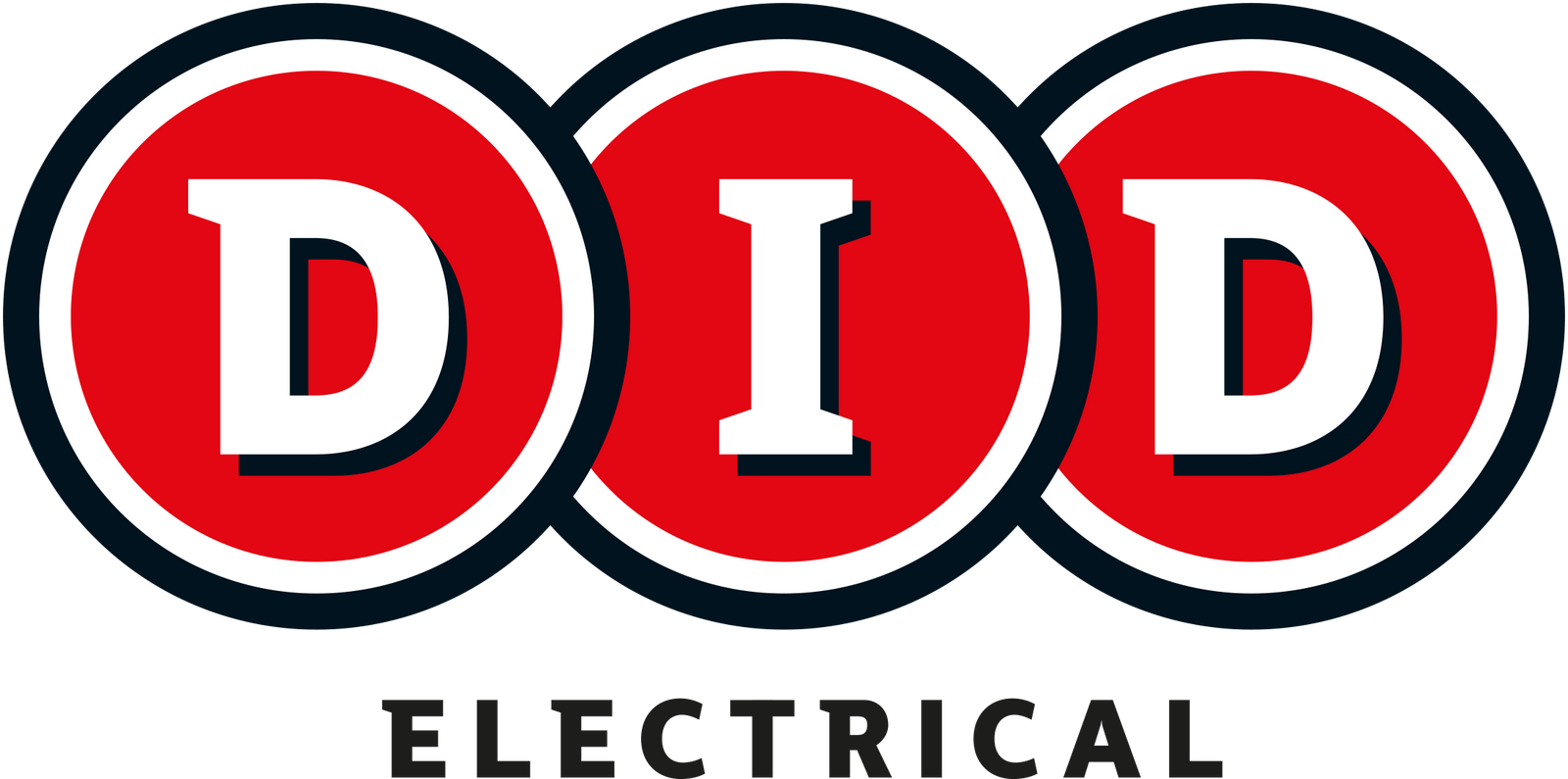Cookers
Cookers are an essential appliance in any kitchen, providing a means of preparing food through the application of heat. With numerous types of cookers available on the market, it can be difficult to determine which option is best suited to meet one's cooking needs. In this essay, we will explore the differences between range, gas, and electriccookers, highlighting the advantages and disadvantages of each.
Range Cookers
A range cooker, also known as a stove, is a freestanding appliance that typically includes an oven and a cooktop. The cooktop can be powered by gas or electricity, and some models may even feature a combination of the two. One of the main advantages of a range cooker is its versatility, as it offers a wide range of cooking options. The cooktop provides different-sized burners and the oven often has multiple racks for baking, roasting and broiling.
Gas Cookers
Gas cookers are a popular option for many households due to their affordability and the instant heat they provide. They are powered by natural gas or LPGand feature burners on the cooktop that can be adjusted to control the level of heat. Gas cookers also have the advantage of providing even heat distribution, which is essential for cooking dishes that require precise temperature control. Additionally, gas cookers are often preferred by professional chefs, who value their ability to quickly adjust the heat output and their precision in temperature control.
One thing to consider when buying gas cookers is that they require a gas line to be installed in the home, which may be a significant expense for some households. Additionally, gas cookers can be more difficult to clean compared to electric cookers. The burners and grates can become covered in food debris, and it may take some time to clean them thoroughly.
Electric Cookers
Electric cookers are another popular option, offering a variety of benefits that gas cookers do not. They typically use radiant heat or heating elements to provide heat to the cooktop and oven. One of the primary advantages of electric cookers is that they are often more energy-efficient than gas cookers, which can save households money on their utility bills. Additionally, electric cookers are easier to clean, as the cooktop and oven are often made of smooth, flat surfaces that can be wiped down quickly.
However, one thing to consider the buying electric cookers is that they may take longer to heat up than gas cookers. Additionally, the heat output can be less precise, which may make it more difficult to achieve the desired temperature for certain dishes. Electric coils may also produce uneven heat.
Comparing Cooker Types
When it comes to choosing between range, gas, and electric cookers, there are several factors to consider. One of the primary factors is the type of cooking that will be done. For example, if the household regularly prepares dishes that require precise temperature control, a gas cooker may be the best option. On the other hand, if energy efficiency is a priority, an electric cooker may be a better choice.
Another important consideration is the cost. Gas cookers are often more affordable to operate than electric cookers, but they require a gas line to be installed, which can be a significant expense. Electric cookers may have a higher upfront cost, but they may save money in the long run due to their energy efficiency.
The size of the cooker is another factor to consider. Range cookers are often larger than standalone gas or electric cookers, so they may not be suitable for small kitchens or households with limited space. Standalone cookers, on the other hand, are available in a range of sizes to suit different needs.
Conclusion
In conclusion, the decision to choose between range, gas, and electric cookers depends on various factors. These factors include the type of cooking that will be done, the cost, and the size of the cooker. Each type of cooker has its own set of advantages and disadvantages, and it is essential to consider these factors carefully to determine which option is best suited for your cooking needs. Ultimately, the best cooker is the one that meets your specific requirements and enhances your cooking experience. Be sure to measure the cookers that you are viewing, and to measure your aperture space to avoid appliance installation issues. When dealing with Gas Cookers, make sure you hire an RGI registered gas installer to ensure the safe and secure installation of your gas products and check if your cooker comes with LGP or Natural gas hob jets too.
FAQs
1. Can I install a gas cooker if my home doesn't have a gas line?
No, a gas line is required to operate a gas cooker. If your home doesn't have a gas line, you need to have one installed by a registered RGI gas installer before you can use a gas cooker.
2. What is the difference between a radiant heat and a heating element on an electric cooker?
A radiant heat uses a heating element that is located underneath the cooktop surface to provide heat. A heating element uses coils that heat up when electricity passes through them.
3. Are standalone electric cookers easier to clean than standalone gas cookers?
Yes, standalone electric cookers are often easier to clean than standalone gas cookers because they have smooth, flat surfaces that can be wiped down quickly.
4. Can I cook on a range cooker during a power outage?
Yes, you can still use the gas burners on a gas range cooker during a power outage. However, the oven will not work.
5. Are range cookers suitable for small kitchens?
Range cookers are often larger than standalone cookers, so they may not be suitable for small kitchens or households with limited space. However, there are smaller range cookers available on the market that may be a better fit for small kitchens.










